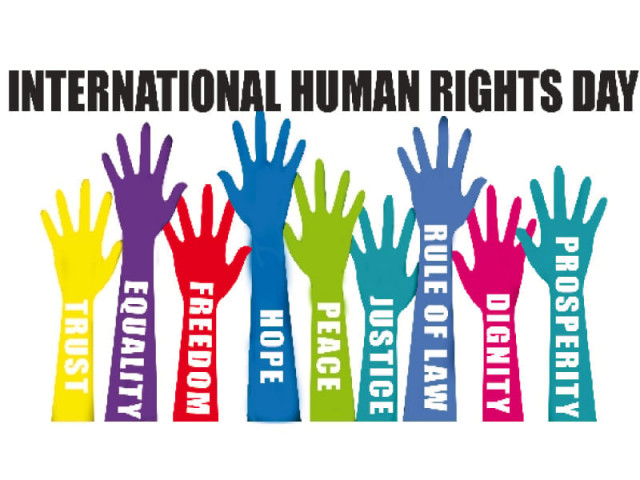International Human Rights Day: Forging the will to ensure equality
Graduates from The University of Sydney shared their views about research conducted on human rights issues.

Participants highlighted the need for civil society ownership of rights violations at a symposium held in connection with International Human Rights Day on Monday.
Leader of the House in Senate and Pakistan Peoples Party General Secretary Jahangir Badar stated that the nation must unite against all kinds of tyranny aimed to crush human rights and the country’s progress at a symposium in connection with Human Rights Day at a local hotel on Monday.
Parvez Pirzado, from USAID shared his research “Human Rights Education in Pakistani Schools.” He underlined the importance of introducing human rights in the curriculum.
Graduates from The University of Sydney shared their views about research conducted on human rights issues.
Quoting rights activist Asma Jahangir, he said illiteracy, undemocratic environment and lack of political will towards democratizing education are major hurdles in eliminating human rights violations in the country.
Niaz Ahmed shared highlights from his research, “Role of Civil Society in Pakistan’s Transition to Democracy.” Ahmed remarked that civil society failed to strengthen and capitalise on the power it gained during the lawyers’ movement.
“Civil society is now fractured between two extremes and unable to find a middle path because of a widening trust deficit,” he said.
Published in The Express Tribune, December 11th, 2012.



















COMMENTS
Comments are moderated and generally will be posted if they are on-topic and not abusive.
For more information, please see our Comments FAQ